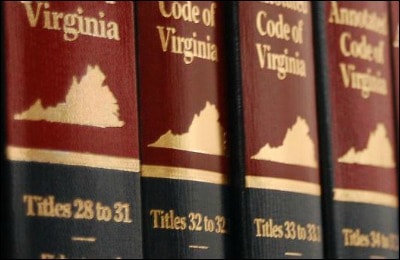 We’ve all seen the Lifetime movies. A child is adopted into a loving family and then months or years later a biological parent wants the child back. Then a long and dramatic court battle ensues. All potential adoptive parents at some point wonder whether their life could turn into a Lifetime movie. But, can a biological parent really come back and contest an adoption? The answer is yes, but under limited circumstances and within a narrow window of time. This time period is called the revocation period.
We’ve all seen the Lifetime movies. A child is adopted into a loving family and then months or years later a biological parent wants the child back. Then a long and dramatic court battle ensues. All potential adoptive parents at some point wonder whether their life could turn into a Lifetime movie. But, can a biological parent really come back and contest an adoption? The answer is yes, but under limited circumstances and within a narrow window of time. This time period is called the revocation period.
Different laws apply to adoptions through agencies or through the Department of Social Services, but for parental placement adoptions the revocation period is regulated by Virginia Code Section 63.2-1234. This code section establishes that consent shall be revocable under two circumstances:
First, consent is revocable by either consenting birth parent for any reason for up to seven days from its execution; however, such seven-day revocation period may be waived in writing at the time of consent provided that the child is at least 10 days old and the consenting birth parent acknowledges having received independent legal counsel regarding the effect of such waiver. In the case of two consenting birth parents, the waiver by one consenting birth parent shall not affect the right of the second consenting birth parent to retain his or her seven-day revocation period.
Such revocation shall be in writing, signed by the revoking party or counsel of record for the revoking party, and shall be filed with the clerk of the juvenile and domestic relations district court in which the petition was filed during the business day of the juvenile and domestic relations district court, within the time period specified in Virginia Code Section 63.2-1234. If the revocation period expires on a Saturday, Sunday, legal holiday or any day on which the clerk’s office is closed as authorized by statute, the revocation period shall be extended to the next day that is not a Saturday, Sunday, legal holiday or other day on which the clerk’s office is closed as authorized by statute.
Second, consent is revocable by any party prior to the final order of adoption (i) upon proof of fraud or duress or (ii) after placement of the child in an adoptive home, upon written, mutual consent of the birth parents and prospective adoptive parents.
So, those are the two circumstances established by Virginia law in which consent to a parental placement adoption is revocable by a biological parent. But what happens when a biological parent, who probably has not read the statute, contests giving their consent, even if they don’t really don’t fall under either of these circumstances?
The honest answer is that the biological parent can make the process more difficult, whether or not they will ultimately be successful in revoking their consent and stopping the adoption. For this and many other reasons, all adoptive parents should have an experienced adoption attorney guiding them through the process. The Virginia Code provides safeguards to adoptive parents to help them avoid becoming the stars of their own Lifetime movie, but experienced guidance through the legal process is critical.
Our Adoption Lawyers
Livesay & Myers, P.C. has a team of experienced adoption lawyers across five office locations: in Fairfax, Arlington, Ashburn, Manassas and Fredericksburg. Be sure to read our client reviews, then examine the profiles of each of our attorneys to find the one who is the best fit for you.
